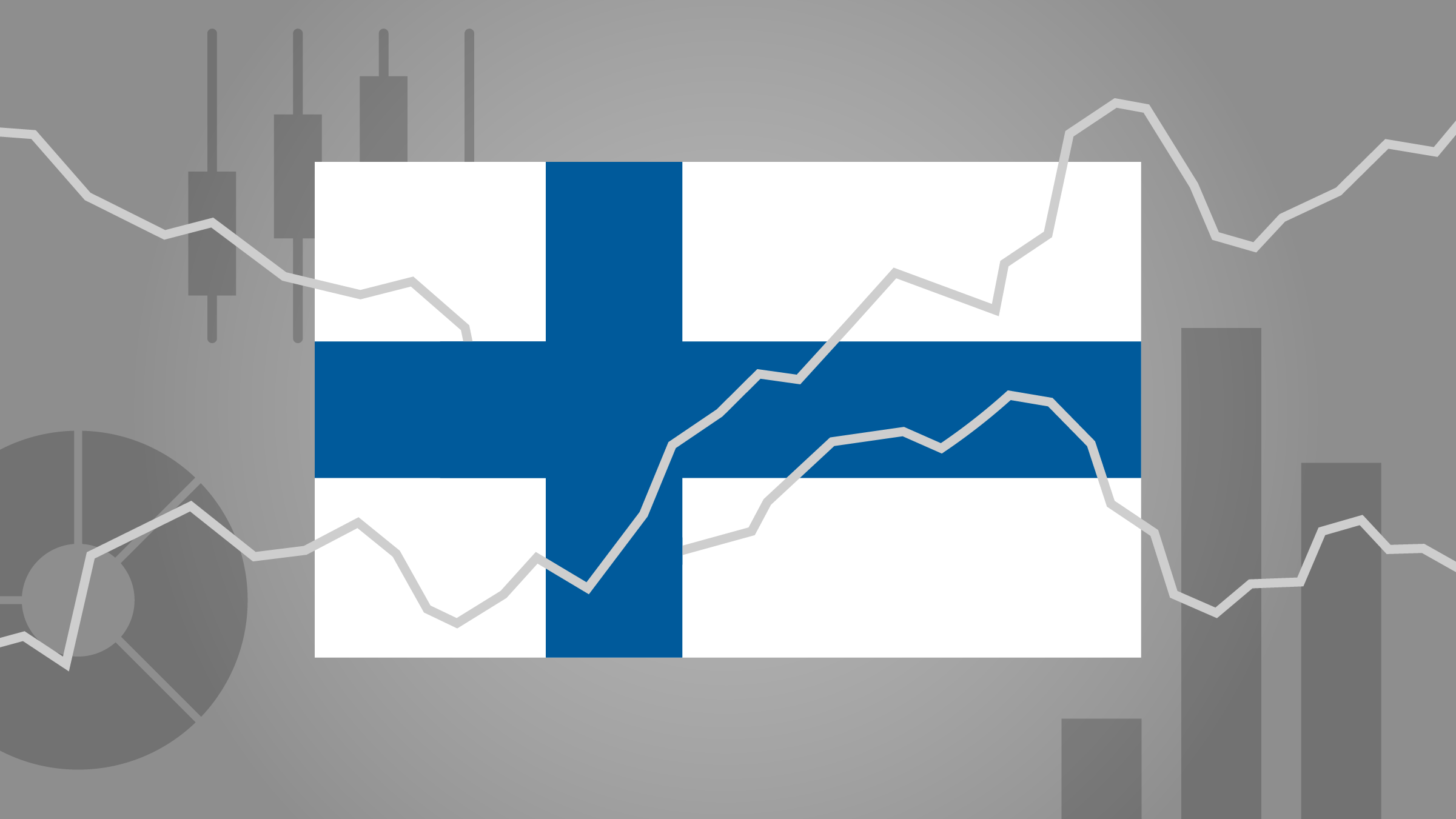Jeremy Glaser: For Morningstar, I'm Jeremy Glaser. With the continued unrest in North Africa and the Middle East, I thought I'd sit down with Eric Chenoweth--he is the director of energy for our equity research team here at Morningstar--to see what impact this could have on the oil markets and for U.S. investors specifically. Eric, thanks for taking the time today.
Eric Chenoweth: Thanks for having me.
Glaser: So, I think what's on a lot of people's minds right now is probably Libya. It's the current hotspot. There is a lot of questions about their oil production, which has basically stopped. And we've seen oil prices rise pretty substantially. Could we talk a bit first about what Libya's role is in the global oil market? Are they a large player?
Chenoweth: So in Libya right now, we think, somewhere between half to three-quarters of production is offline. They produce about 1.8 million barrels a day; put that to an 88 million base on a daily basis. They export most of that. So about 1.5 million of those barrels are exported. The export market is considerably smaller, so the export market is about 20 million to 25 million barrels a day depending on global demand, so still a pretty small player even within the export market, but very important for Europe. European refineries rely a lot on their crude and also for some of their natural gas.
Glaser: So certainly it's significant, but it's not an enormous amount; it wouldn't justify some of the moves that we've seen in crude prices. What you think is driving that investor sentiment there?
Chenoweth: Well, I think it's more than just Libya and Egypt and the rest of North Africa. I think its fear of contagion. We have unrest in Bahrain, which shares a border with Saudi Arabia--Saudi Arabia being the cornerstone and the biggest player in the oil export market.
Glaser: So if this unrest moved to a country like Saudi Arabia, we really could see a significant impact on the amount of oil available for export?
Chenoweth: Absolutely.
Glaser: Now if we think about the supply/demand dynamics in the marketplace, there was rising demand for oil even before all of this happened. Do you think this has just been a perfect storm in terms of when some of this supply is coming offline?
Chenoweth: I think if we'd been experiencing this kind of supply shock a couple of years, it wouldn’t have been nearly as impactful as it is now. As we moved into the back half of 2010, we started to break through some of those record demand levels that were set before the global recession in 2008, and that really put the supply-demand balance back into a spot where oil was moving up just based on those natural fundamentals, and now you layer on a supply shock and fears that there could be more supply shocks on top of that, and it leads to the environment we are in now.
Glaser: So we have, let's say, very high oil prices now, do you think that this is a permanent shock, that we're going to have to get used to these permanently higher levels? Or do you think that prices will start to drift back down to where we were before?
Chenoweth: Well, that's a tough question. We think that if the Middle East calms down and if Libya supply comes back in a reasonable amount of time, then we should prices move down eventually. That said, if anything happens in Saudi Arabia or if the contagion does get worse throughout the Middle East, especially if it moves to the Persian Gulf area--that area is really important to supply--that’s when we would probably be incorrect in our assessment of the long-term price coming down from here.
Glaser: So let’s talk a little bit about the implications for investors. Certainly oil prices impact a ton of sectors, but just focusing in on oil companies, are there any that look to be attractively priced right now that people might see this as an entrance opportunity?
Chenoweth: Well, unfortunately, we don’t have any right now that we think are especially cheap, and we didn’t going into this, either. So we’ve seen as a group--when you look at purely the oil producers, the companies that have the bulk of their production in oil and not in gas--a lot of them were trading well above their fair values going into this, and now with the move that we’ve seen, they are trading even more above their fair value. So the valuations aren’t compelling to us right now.
Glaser: So [buying now] might not make a lot of sense, but for investors who maybe are [already] in these, and they are seeing these prices rise, is this the time to take money off the table or do you just let it ride?
Chenoweth: To that point we don’t have any 1 star [rated companies] yet. So I think that’s an important distinction, and 1 star would argue that it’s significant overvalued. So, this isn't a time where we see any big call to action in these names, so not really any great buying opportunities, but nothing especially overvalued.
Glaser: So, caution would be your advice to anyone who is either in or is thinking about entering the oil space as an investor?
Chenoweth: I think the caution is a good phrase, and I think what we’re watching is Saudi Arabia.
Glaser: Now moving outside of oil then, if we looked at natural gas players or other people in the space, are there more compelling opportunities there?
Chenoweth: We’ve seen more value in natural gas over the last couple of quarters for investors who are looking out longer term, and natural gas in the U.S. is still trading at a significant discount at less than $4 in the front month. If you kind of convert that to an oil price, that would be more like a $25 to $30 oil price. So oil is trading at a much great disconnect to gas when you look at them on an energy-equivalent basis. And we think a lot of the gas names are still somewhat undervalued. Range Resources has been our favorite and just recently ran up out of our 5-star territory, but it's very close. So that would be our best idea right now on that side.
Glaser: So even with all the unrest, there might not be a lot of investing opportunities, but definitely people should exercise caution and just keep an eye on the situation.
Chenoweth: Sure. Makes sense.
















